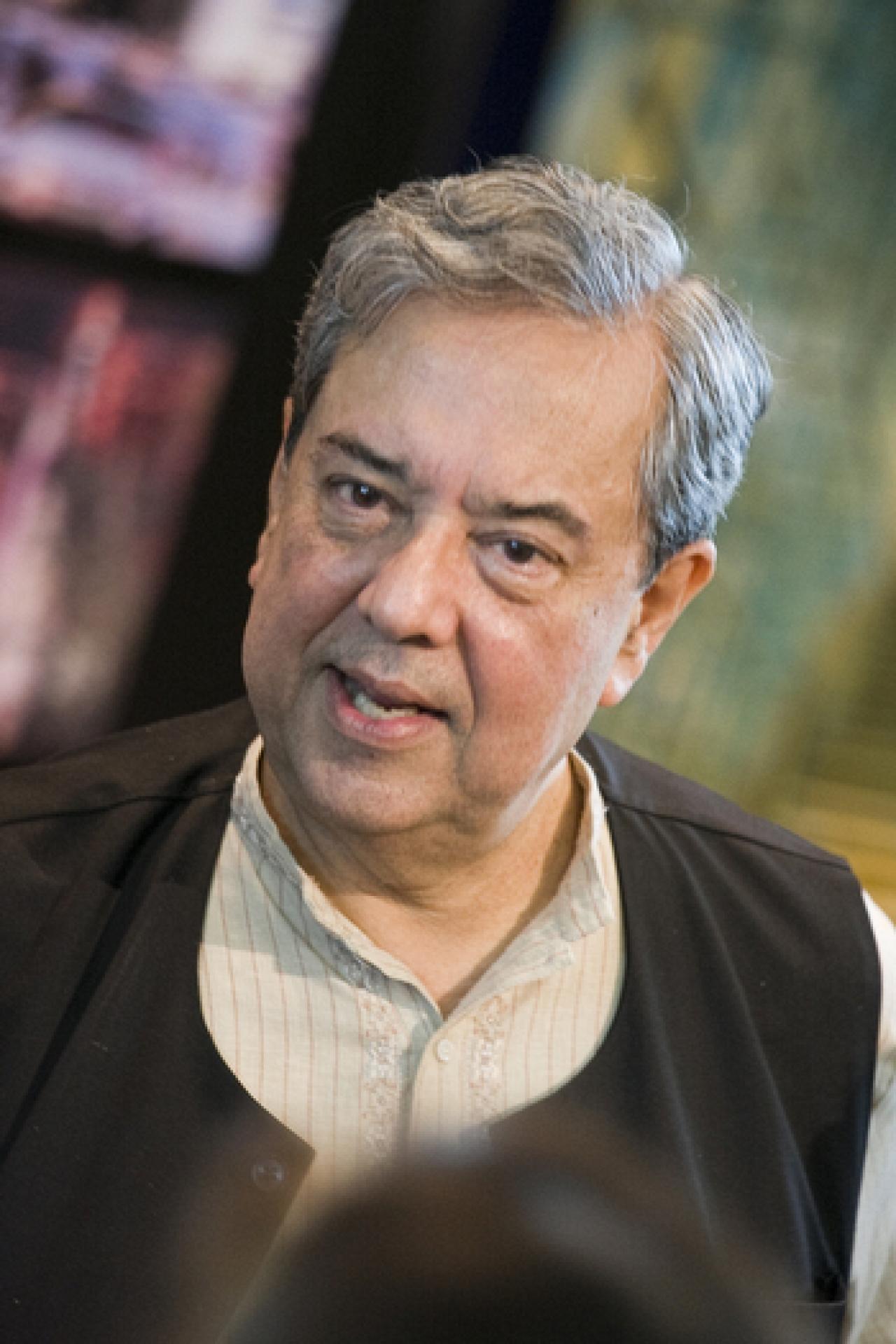
“Two to three years ago, food was not supposed to be on the agenda at all,” Khosla Ashok Khosla - INSEAD Knowledgesays. “We had lots of surpluses and everyone was producing happily and extolling the virtues of the green revolution and factory farming and everything else. But there were a few of us who were concerned because the model has so many contradictions built into it, that – frankly – the more thoughtful critics of modern agriculture and food production systems were beginning to be concerned maybe five or six years ago.”
A combination of factors has brought about this rise in prices, Khosla says. Climate change has caused drought in Australia and problems in North America, while China – “partly because of income, partly because of changed diet”— has seen a rise in demand for meat. The rearing of animals for meat, Khosla says, has in turn as much as quadrupled the demand for grain.
While Khosla is not certain that biofuel crops are taking over land that was previously devoted to food production, he does think that the perception of this being the case has made the food situation even more intense over the past year. “All of these together basically add up to sudden increases in the price of food grains and vegetables the order of 50 per cent in a couple of years.”
The modern agricultural system is not the only structure that is breaking down. Khosla, one of the architects of the carbon trading market, finds the speculative nature of the market to be potentially dangerous. “The purpose essentially for setting up many of these [financial markets] is to provide a buffer source of capital to even out the fluctuations. But once they get beyond a certain range, as they did in the subprime area in the last few months … the fluctuations can go wildly out of range. My worry is, first, that the speculation on carbon prices could end up by doing the same thing; and, second, that carbon pricing ought to have some relationship with the cost of saving that carbon, and at the moment there isn’t much of a relationship.”
Khosla says carbon trading is not a long-term proposition. “In the long run, it doesn’t really reflect the needs of the planet which is to reduce – greatly reduce – the emission of carbon.”
The call to fight climate change by reducing carbon emissions, especially in large developing countries such as India and China, has led to many being concerned about the impact on the continued economic development trajectory of these countries. Development requires energy to improve the lives of those “three billion people in this world whose lives are pretty well limited and constrained because of inadequate energy availability – because, without that, you don’t get water and transport and everything else.”
Khosla has a particularly novel approach which aims to reduce carbon emissions through development: increase energy consumption to meet development needs in the short term and increase the quality of life, thus reducing family sizes and reigning in the demand for energy. “You know development is in fact the best contraceptive and, therefore, one way of doing that is, counter-intuitively, to increase the energy availability … until those family sizes comes down.”
‘It’s simply good commercial sense’
As for businesses fulfilling their social responsibility, Khosla finds that companies are failing to tackle social issues and, while environmental issues are more likely to be addressed, even this is only superficial.
“Very few businesses are going beyond the environment; they’re not really even heavily into the environment.” Efforts that have been made by companies, such as taking action against child labour, tend to be consumer-driven: “They’ve had to, for survival in the market, take care of the more egregious ones, the bad ones, but it’s not because their heart is in it; it’s simply good commercial sense.” Whatever the motivations of businesses may be, Khosla says they are a long way from being a true trustee of society, adding that they need to re-examine their business processes.
Khosla says our current mindsets are not going to yield the sustainability outcomes that are required to fight climate change and poverty. He says the media, schools, the family and political leadership need to play the largest role in changing mindsets.
Business, he says, has a limited but important role: “I’m not sure that business will do much of that work, other than when it becomes profitable; and I haven’t figured out many ways in which to make it profitable other than new products which are a good business proposition – like renewables, for example. And then, of course, business goes into action with advertising and PR, and that can also help a lot.”
Ashok Khosla spoke to INSEAD Knowledge after making a presentation on The Greening of Business at INSEAD’s Asia campus in Singapore.
-
View Comments
-
Leave a Comment




No comments yet.